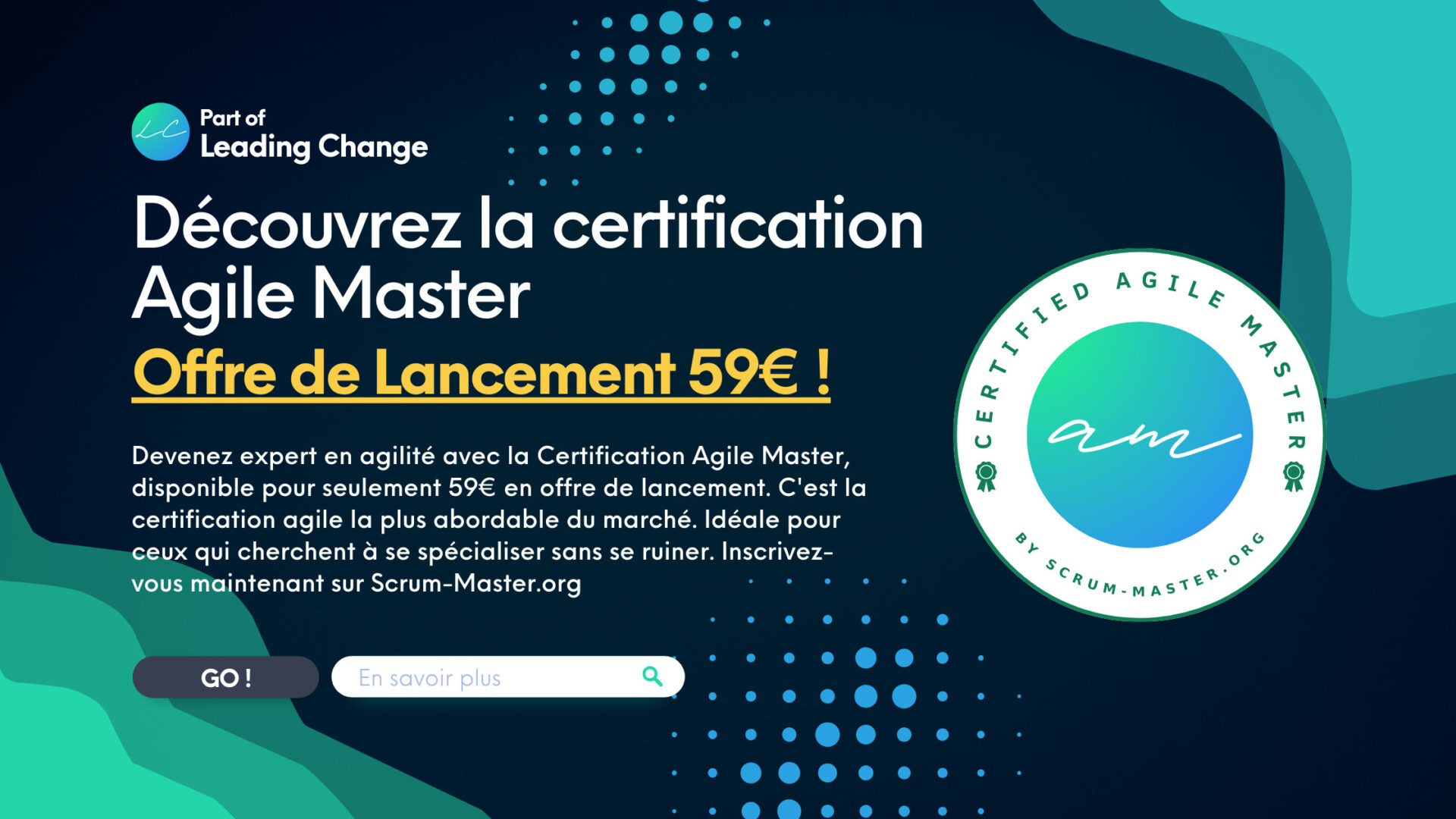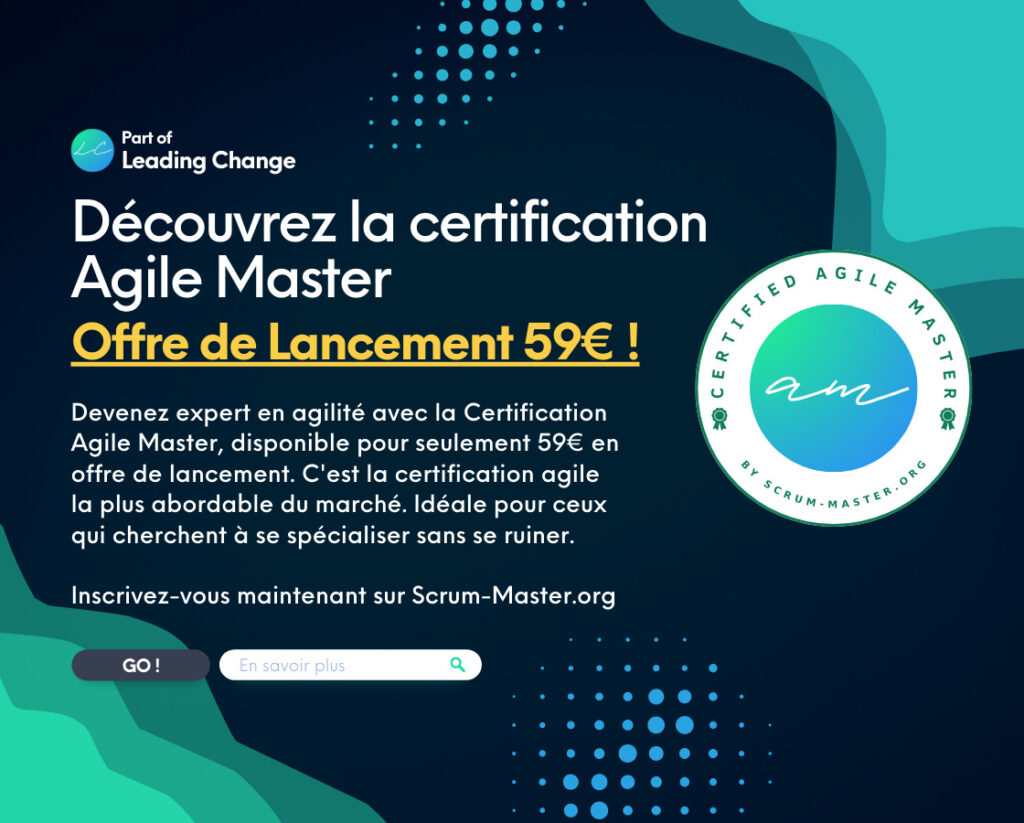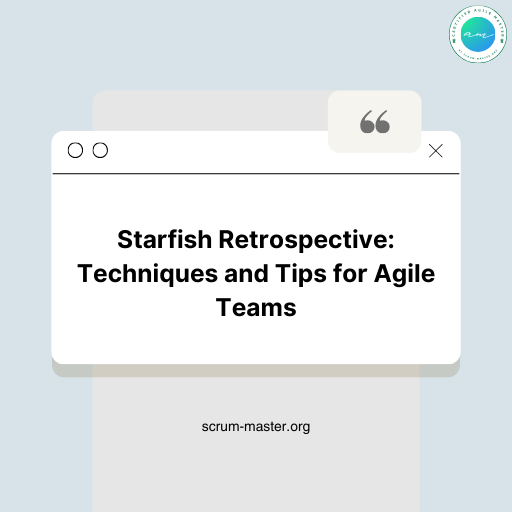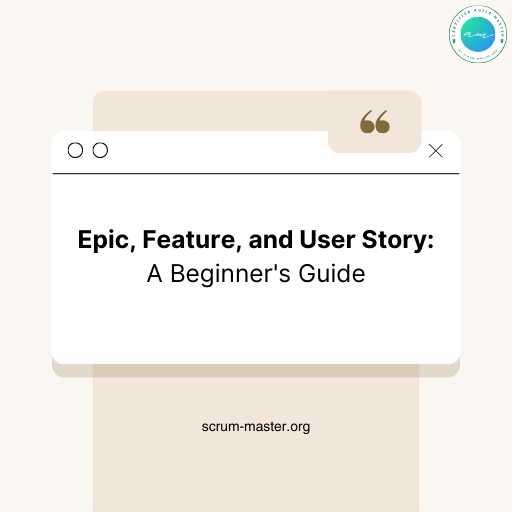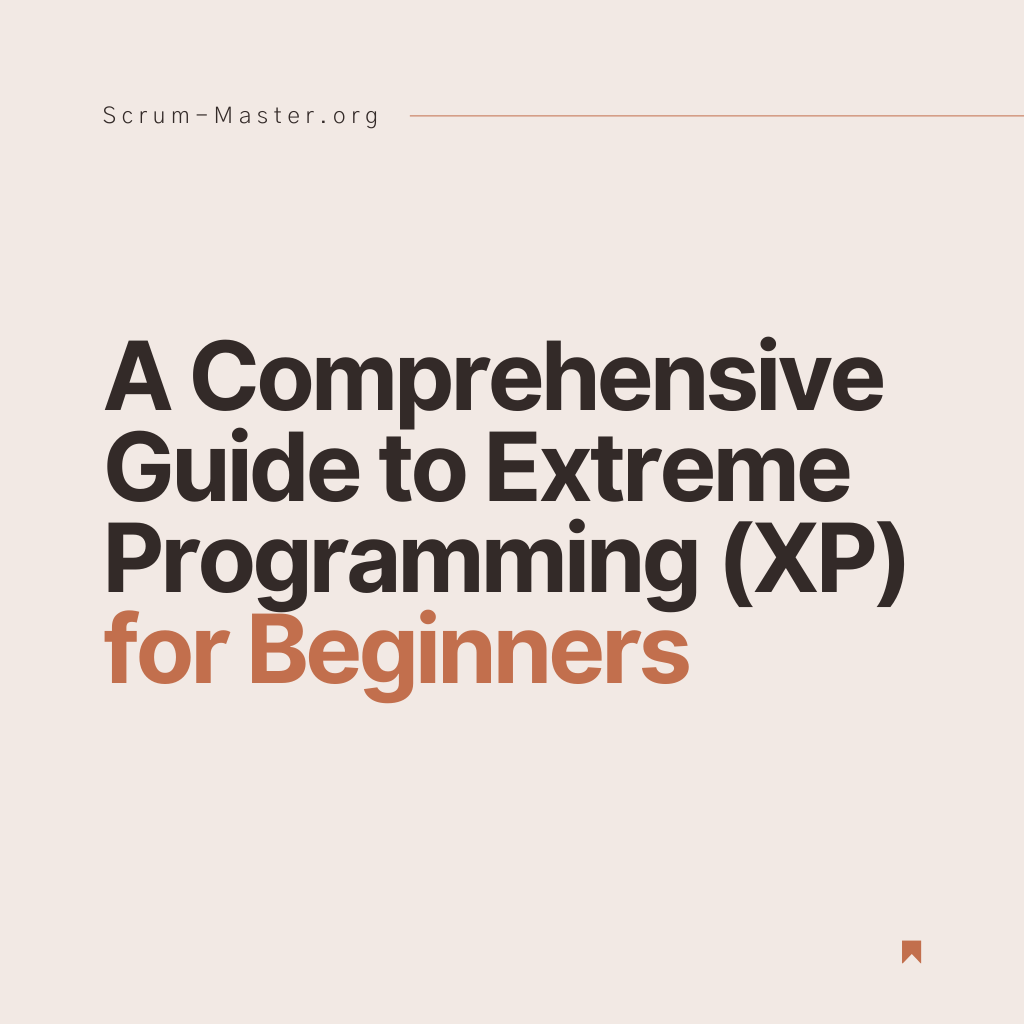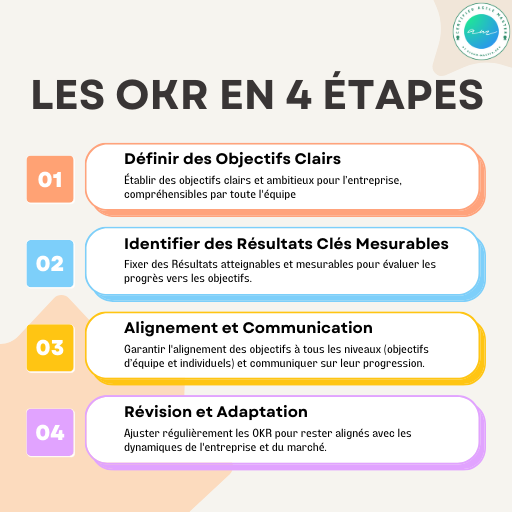The “Game Debrief” retrospective model is a compelling approach for conducting your Agile ceremonies, drawing inspiration from the world of sports, primarily soccer, though it’s adaptable to other sports contexts. In the Scrum Framework, retrospectives are pivotal, offering teams a structured moment to reflect on the previous sprint and pinpoint improvement opportunities.
Employing a structured retrospective model brings numerous advantages:
- It introduces a framework and structure to the session.
- It facilitates participation from all team members.
- It enhances the gathering of feedback and the formulation of action plans.
- It adds an element of enjoyment and fun to the process.
While classic templates like Start/Stop/Continue or Speedboat are widely used, let’s explore “Game Debrief,” a model that leverages a sports match debrief format, with a special nod to soccer, yet versatile enough to be applied to any sport.

Facilitating "Game Debrief" Retrospective
Drawing inspiration from post-game analyses in soccer, this Scrum retrospective encourages teams to approach feedback with the enthusiasm and analysis akin to that of sports journalists or players after a game. This method not only makes the session more engaging but also allows for a lively and memorable exploration of both achievements and challenges.
Encouraging Sports-Like Commentary
In the “Match Debrief” model, team members are encouraged to read their tickets with the flair of a sports journalist or the reflective insight of a player post-match, making the process far more entertaining. This playful approach helps in breaking down barriers, fostering a spirited and open discussion environment.
Below are the 4 main pillars of this retrospective template:
1. The Final Score: Reflecting on Achievements
This section is about summarizing the sprint’s outcome. Each team member rates the sprint and provides a brief three-point analysis.
Example: “Win 3-2. Strong team spirit, though marred by vague objectives and inaccurate estimations.”
2. Highlights: Celebrating the Wins
This section focuses on the sprint’s successes. Teams list all elements that worked well, from individual accomplishments to collective triumphs, mirroring the positive highlights reel after a game.
3. Challenges: Identifying Obstacles
In contrast, this column is dedicated to examining the hurdles faced during the sprint, reflecting on the challenges and setbacks, much like a team would analyze lost opportunities or strategic errors post-game.
4. Next Game Plan: Setting Goals for Improvement
Finally, teams outline their strategy for the next sprint, establishing clear, actionable goals. This forward-looking perspective is similar to a team gearing up for their next match, ready to apply lessons learned from their last game.
Liven up the retrospective with Miro or Klaxoon
Digital platforms like Miro or Klaxoon are excellent for remotely facilitating this retrospective model.
Create an online board divided into 4 columns to run the retrospective digitally. These collaborative tools help centralize feedback, votes, and action plans, making the process streamlined and effective. Here are free template download links:
For guidance on importing .klx files, refer to this step-by-step tutorial: Importing activities on Klaxoon.
Conclusion
“Game Debrief” template offers a creative and versatile template for conducting Scrum retrospectives. By embracing the lively essence of sports debriefing, teams can enjoy a more engaging and productive reflection session. Experiment with this football-inspired, yet universally adaptable format to enhance your team’s path to continuous improvement.
Further information
Find on Miro a set of free Retrospective Templates available now :


